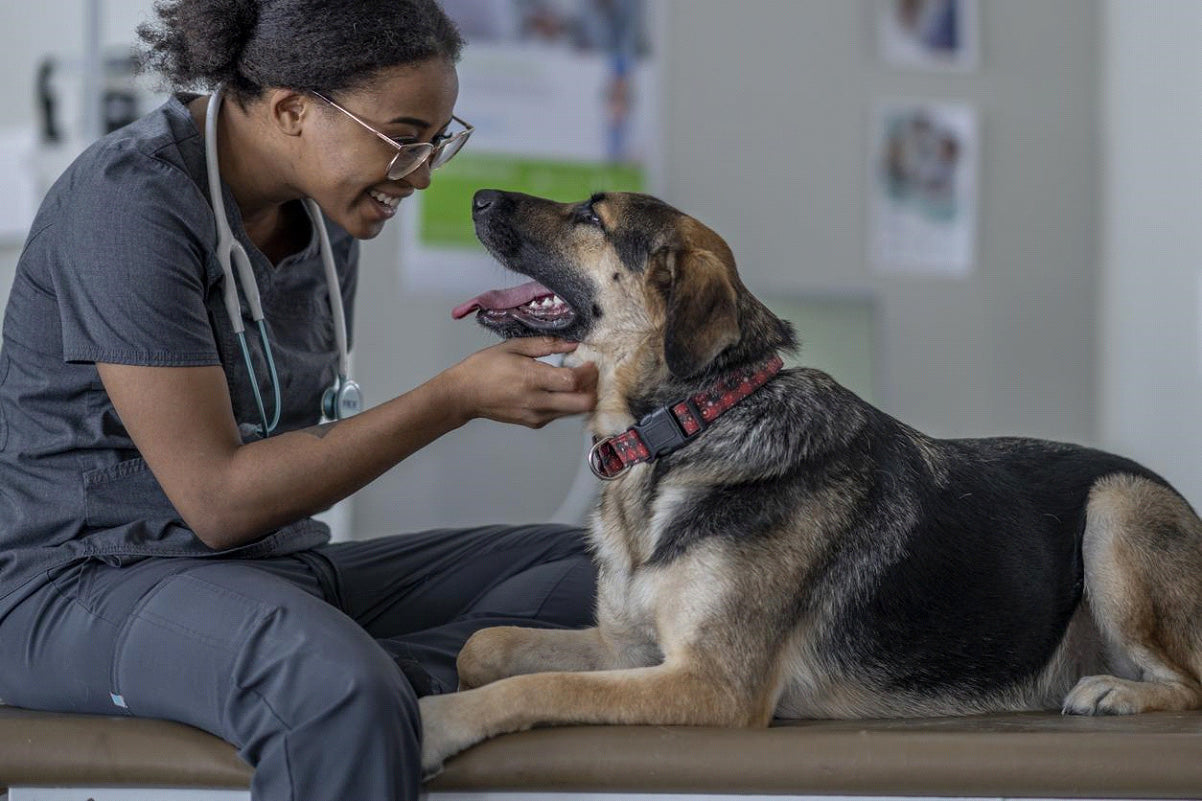Your pet's immune system is critical to help fight disease, bacteria, infections, and viruses they are exposed to every day.
VENTURA, Calif., March 16, 2020 /PRNewswire/ -- Supporting your pet's immune health is essential for a long, healthy life. Research shows that no different than in humans, your pet's immune function declines as they age. Supporting their immune system becomes a necessity when they are no longer a puppy.
In today's world, viruses and diseases are rampant, and it can be challenging to protect your pet. They live in a world filled with contamination and spend 90% of their waking hours on the floor, mopping up toxins, chemicals, and pollutants. The household cleaning products, fertilizer on the lawn, and preservatives in their foods can be harmful. Most pets do not eat an optimal diet, and likely do not get as much exercise as they require. Bacteria, airborne contaminants, and viruses transmitted by humans can challenge their health. What do you do? Put your pet's immune system in overdrive.
A California-based pet wellness company has launched Critical Immune Defense, a natural health supplement formulated to naturally boost your pet's immune system and protect them from life-threatening diseases and cancers. The supplement's main ingredients are four medicinal mushrooms that have been proven to strengthen the immune system. The product also includes a patented white turmeric extract that contains active ingredients that have been shown to protect against neurodegenerative diseases, arthritis, cardiovascular risks, and liver damage.
Probiotic Nutrient Enhancer
Best-on-the-market w/ 15 Billion active cultures
Maximize Your Dog's Nutrient Absorption And Support Healthy Digestion
Learn MoreCritical Immune Defense
w/ Turkey Tail, Reishi, Shiitake, & Maitake Mushrooms + White Turmeric Root Extract
Fight Viruses, Dieases and Cancers
Learn More
"Certain mushrooms contain agents with anticancer activity and immunomodulatory properties that may help fight cancer and certain other diseases," says Dr. Frank Markland, Professor of Biochemistry and Molecular Medicine at the University of Southern California Keck School of Medicine. "This is supported by research on canine and feline patients."












